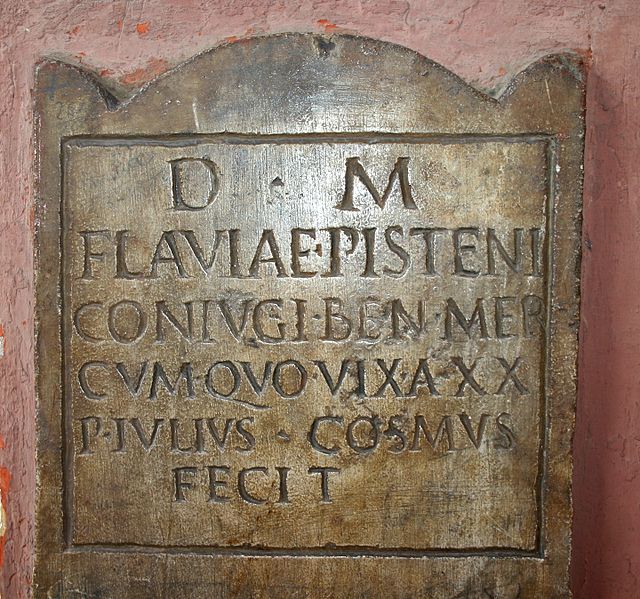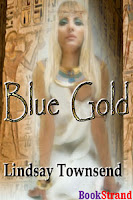 In Ursula le Guin's Earthsea Trilogy, names are part of the magic and being of characters, and to discover someone's true name is to gain power over that person. Names do have power. I wonder how many sons will be called Obama in future years?
In Ursula le Guin's Earthsea Trilogy, names are part of the magic and being of characters, and to discover someone's true name is to gain power over that person. Names do have power. I wonder how many sons will be called Obama in future years?
Names have power and significance in romance, too. If a hero has a bulky, awkward name, do readers empathise with him? If a heroine has an 'old-fashioned' name, does she lose credibility? I write medieval historical romance, and I find how I name my people vitally important. For instance, in the Anglo-Saxon period, there are many names beginning with E or AE - EDGAR, EDITH, EGBERT, ELDRED, ALFRED. These names have power and meaning - EGBERT means 'Gleaming Sword' - yet they possibly have fallen out of favour. How many heroes are called EGBERT now? ARTHUR is another name that may look old-fashioned to some. The meaning of ARTOS, 'bear' is wonderful to me, though, and made me fall utterly in love with the name again.
I write medieval historical romance, and I find how I name my people vitally important. For instance, in the Anglo-Saxon period, there are many names beginning with E or AE - EDGAR, EDITH, EGBERT, ELDRED, ALFRED. These names have power and meaning - EGBERT means 'Gleaming Sword' - yet they possibly have fallen out of favour. How many heroes are called EGBERT now? ARTHUR is another name that may look old-fashioned to some. The meaning of ARTOS, 'bear' is wonderful to me, though, and made me fall utterly in love with the name again.
I always try to discover if names have meanings and bear those meanings in mind as I write. For example, my heroine in A Knight's Captive is called Sunniva, which means Sun Gift. It's a Viking name, still used in parts of Britain. AVERIL is another name I would love to use sometime - it's meaning is 'Wild boar battle maid'.  As a historical romance writer I try to use names I feel are appropriate to the period in which I'm writing. Sarmatia is a real name, taken from a Kretan Linear B writing tablet of the time when Bronze Lightning is set. Ahhotpe in Blue Gold means 'The Moon is Content', which is nicely ironic, given that my Egyptian princess is very ambitious! Sometimes names cetainly can deceive. I had an anti-heroine in one of my modern romantic suspenses (Night of the Storm) and I called her Katherine, which means 'Pure'.
As a historical romance writer I try to use names I feel are appropriate to the period in which I'm writing. Sarmatia is a real name, taken from a Kretan Linear B writing tablet of the time when Bronze Lightning is set. Ahhotpe in Blue Gold means 'The Moon is Content', which is nicely ironic, given that my Egyptian princess is very ambitious! Sometimes names cetainly can deceive. I had an anti-heroine in one of my modern romantic suspenses (Night of the Storm) and I called her Katherine, which means 'Pure'.
So names do matter, as a clue to a character's background and nature or as a key to period. I am always filled with admiration for fantasy and science fiction romance writers who devise names. Of course, sometimes names cannot be avoided: I read a good historical war-and-romance novel (The Assyrian by Nicholas Guild) and the names there - all authentic - were very difficult to me: very long and multi-syllabled.
For me, at least, some names are to be avoided!
Lindsay (it means 'Linden Tree')
http://lindsaysbookchat.blogspot.com
Monday, April 6, 2009
The power and romance of names
Posted by Lindsay Townsend at 5:32 AM
Labels: historical romance, LIndsay Townsend, names
Subscribe to:
Post Comments (Atom)



6 comments:
Oh, yes, names should be appropriate to the period. I think people nowadays are getting careless, or maybe not doing much research.
I see name errors with authors who write both historical and contemporary. The contemporary invades the historical. Nothing as obvious as having your medieval knight named Cade. But I did read a book by a very popular author who writes both contemporary and Regency, which had two Regency ladies named Kimberly and Blythe. Oh, please.
Wow, Linda! I agree: Kimberly and Blythe would pull me out of period, too.
Another author mate of mine uses a very small 'stable' of male names she happens to like.
I find once I've named a character it's very difficult to change the name. In one of my moderns I had an Italian hero called Michele - the Italian Michael. (After the warrior arch-angel)I was told to change it because of possible confusion with the female name, Michelle. He then became Roberto. It took me a while for me to get used to his new name.
My Italian grandfather's name was Michele. He would get mail addressed to Mrs. Michele Banche.
Every couple of years there is a rash of new common names. I do think Obama will be on the list for 2009 and 2010.
It seems that whenver a new, different name comes on the scene in Hollywood or the music scene, it becomes the popular name.
I try to use names that are relative to the area I'm area, yet aren't so common that they're around every door I turn.
I don't like clunky, hard to pronounce names -- if there are a lot of them, I won't read, they destroy the story for me -- if there's only one or two, I'll ignore them or give them nick names.
Lindsay, I've always enjoyed the history of names. Thanks for going into that. It's food for my soul.
I always have to have just the right names for my heroines and heroes, or the story doesn't evolve correctly.
Anyone know how old the name Blythe is? It is so true, though, that if you're reading a historical and the names don't match, it's a killer for the whole living-the-fantasy as you read.
I used to substitute names too, whenever I didn't like them, or wasn't sure of the pronunciation.
Hi Linda- interesting insight about your grandfather! I guess, too, that his experience shows my first publishers were correct in asking me to change the name. Shame, though: I like Michael in it's various versions as a name.
Hi Bekki - I agree about regions and names. That happens a lot in the UK, too.
Hi Savanna - I love to browse the 'meanings' of names. Blythe could be older than it seems, I'm not sure. I sometimes 'change' names in the stories I read, for similar reasons to yours.
Post a Comment